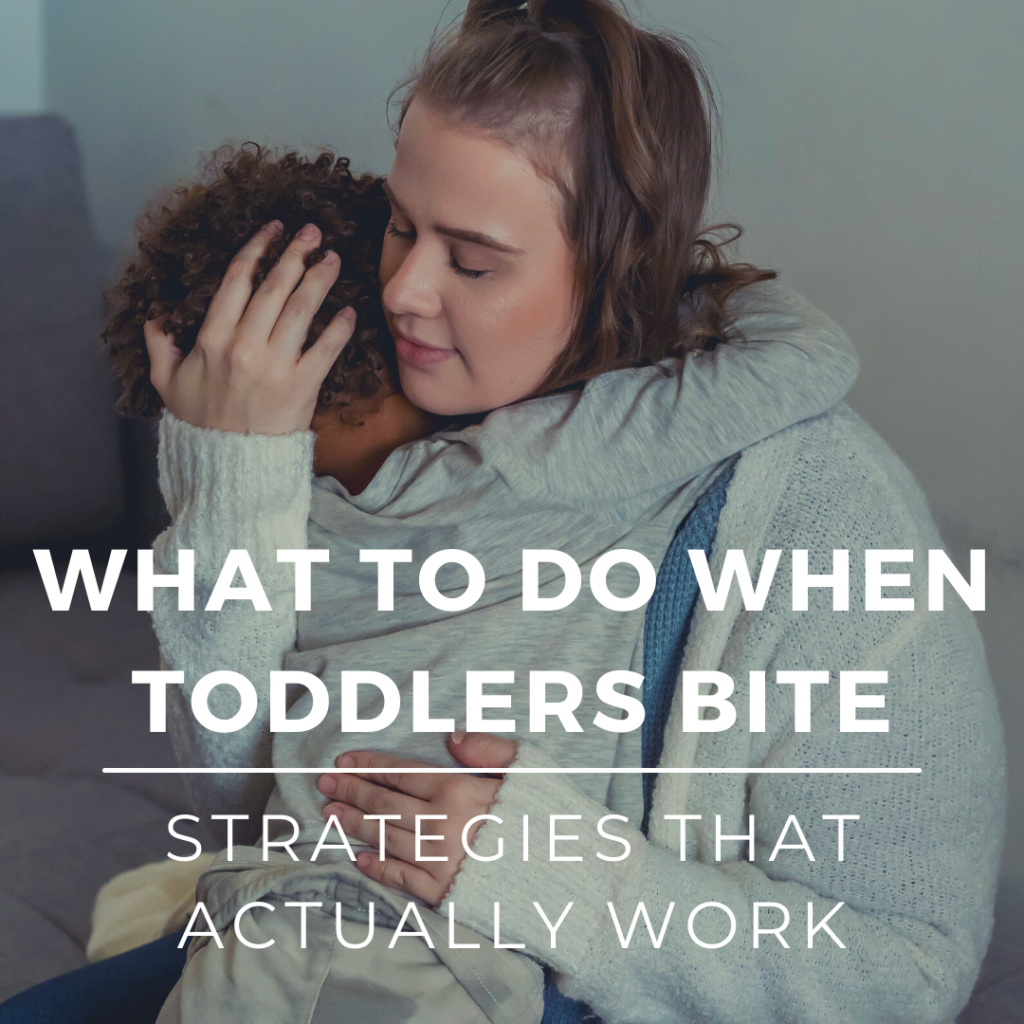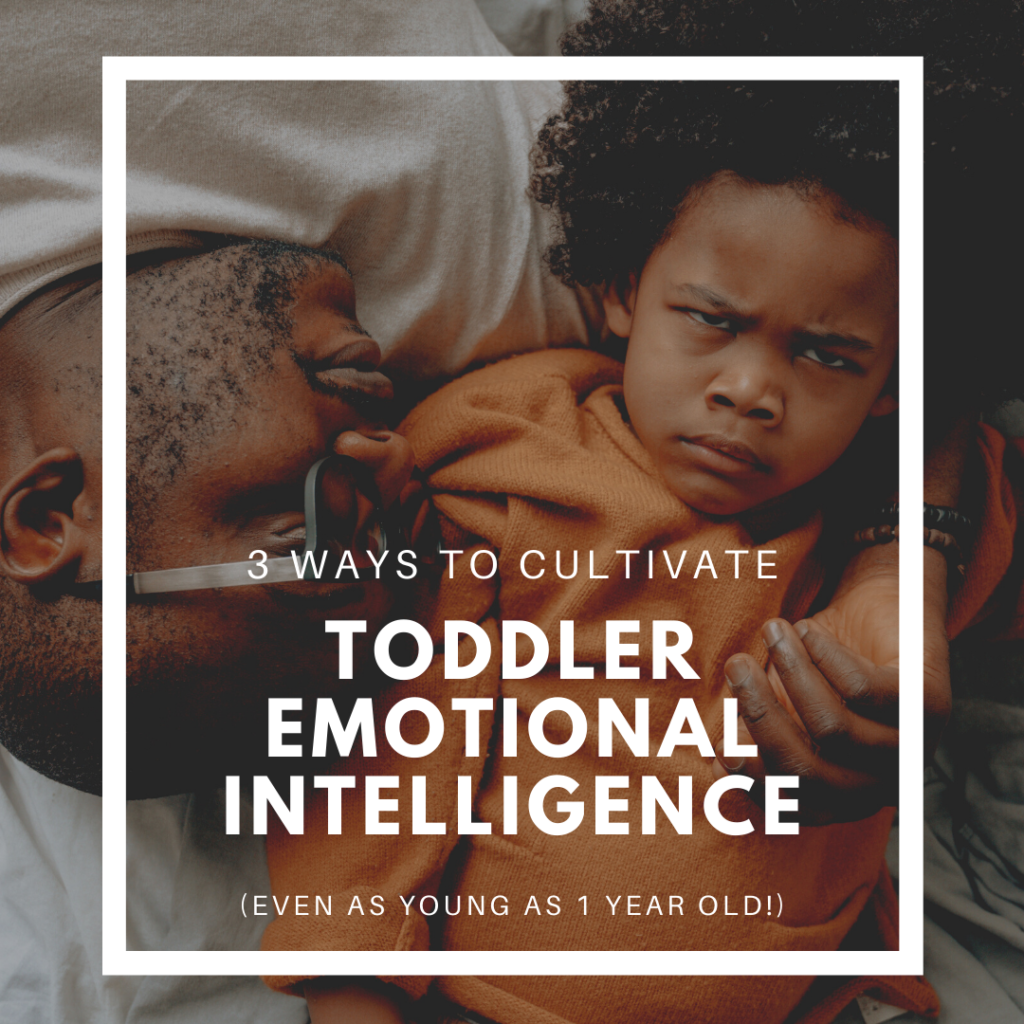
Practically as soon as their baby is out of the womb, parents want to know what it takes to make her smart. Educational toys? Flashcards? Rigorous toddler academics? Not exactly.
The answer couldn’t be simpler: talk to your little one. Really. Though it’s not the only factor contributing to building a smart kid, it is one of the most critical ones.
In one notable study, researchers observed parent-child verbal interactions in monthly home visits for nearly three years, noting size and diversity of vocabulary, rate of conversation, and nature of the dialogue. The researchers gave the kids IQ tests at the end of all those observations. At the completion of the study, it became very clear that talking to your kids actually makes them smarter.
By age three, the kids who were talked to the most (at a rate of 2,100 words per hour) had IQ scores 1 ½ times higher than parents talked to the least (600 words per hour). These differences stuck around, too. When the researchers followed up years later, they found that kids in the talkative families consistently did better in school than those in the less verbal families.
2,100 words per hour might sound like a lot of talking, but consider that the average person already speaks around 16,000 words every day, so hitting the gold standard of over 2K words every hour is just a slight increase from the norm. When you have young or pre-verbal kids though, this can feel a little unnatural, even if you’re a talkative person. The question, then, becomes, “What on earth do I talk about with my kid all day?” Anything and everything.
Here are a few places to start:
- Narrate activities that you and your child experience together, even the mundane ones. Tell her what you’re doing while you’re making breakfast, talk her through the steps of her diaper change, name her body parts while helping her get dressed, or describe the vegetables at the grocery store.
- Go for a walk and talk about what you see. Discuss the details of what she might be encountering too: the warm sunshine or cool breeze on her face, the colors of buildings and flowers, the loud noises of the birds or passing cars, etc.
- Engage in a sensory-rich experience together. This can be super simple: feel the textures of your laundry together, play with a bowl of ice, or sit down in the grass and take the world in. Even daily routines like bath time and mealtime are a perfect time to talk about what you can see, smell, feel, hear, or taste.
- Read to your child regularly. Talk about what you see in the pictures. Ask questions — not just about the names of objects and characters, but open-ended questions, such as “What do you think will happen?”, “How do you think she feels?”, or “Why do you think they did that?” Even if your child can’t answer those questions herself, they’re a great opportunity for her to practice thinking and listening at a higher level. (By the way, read-alouds are a great way to support language development and critical thinking skills all through childhood, even after your child can read.)
- Participate in a parent/child class! These are usually chock-full of opportunities for connection and conversation with your little one. Parent-and-me yoga, story hour, music classes, and more are perfect language-rich environments to meet your child’s daily word quota.
Once you begin talking to your little ones, it’s almost addicting; when I started really talking to the kids in my toddler classroom, I lost my voice after a week — a small price to pay for building those budding brains.






0 Comments